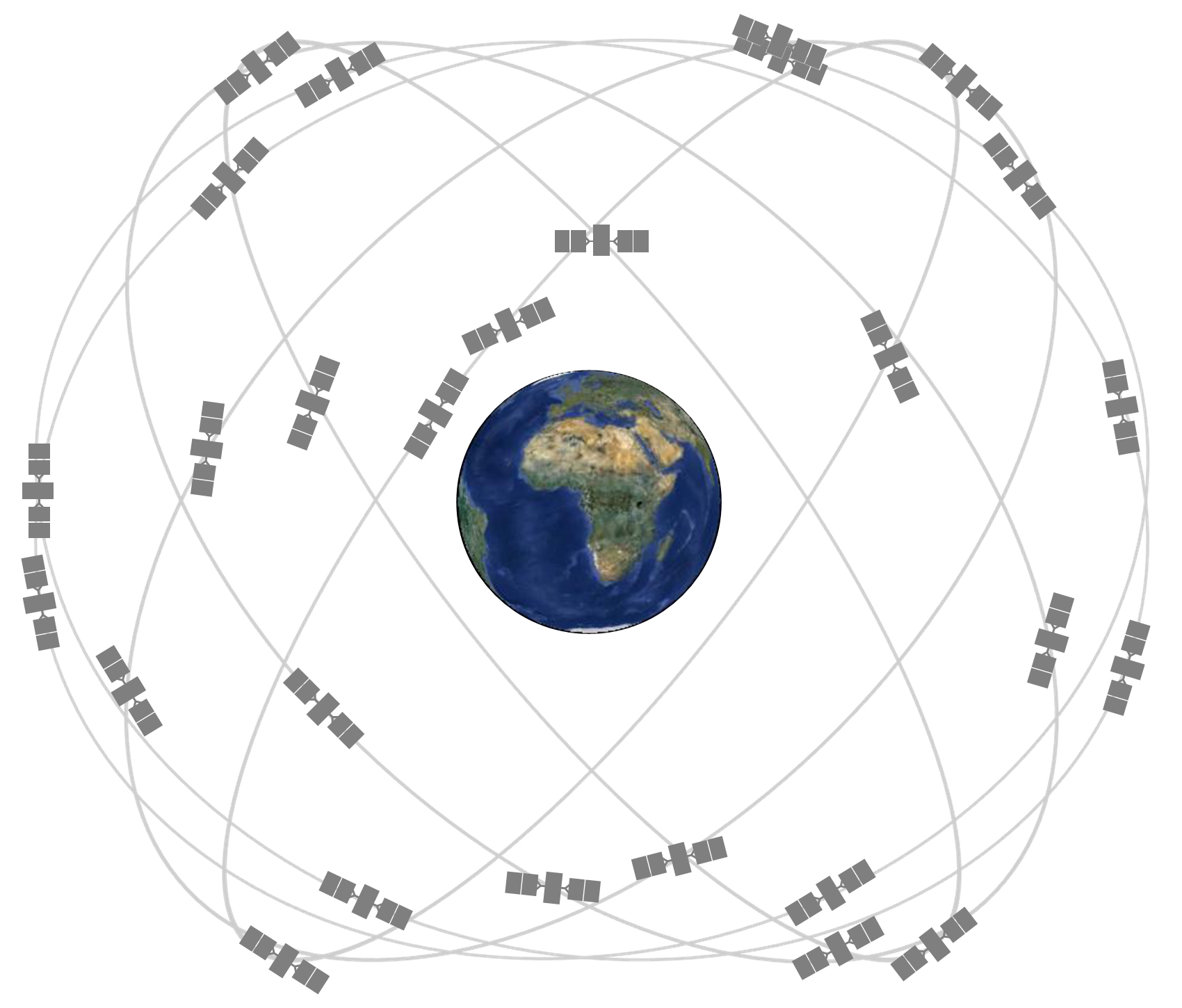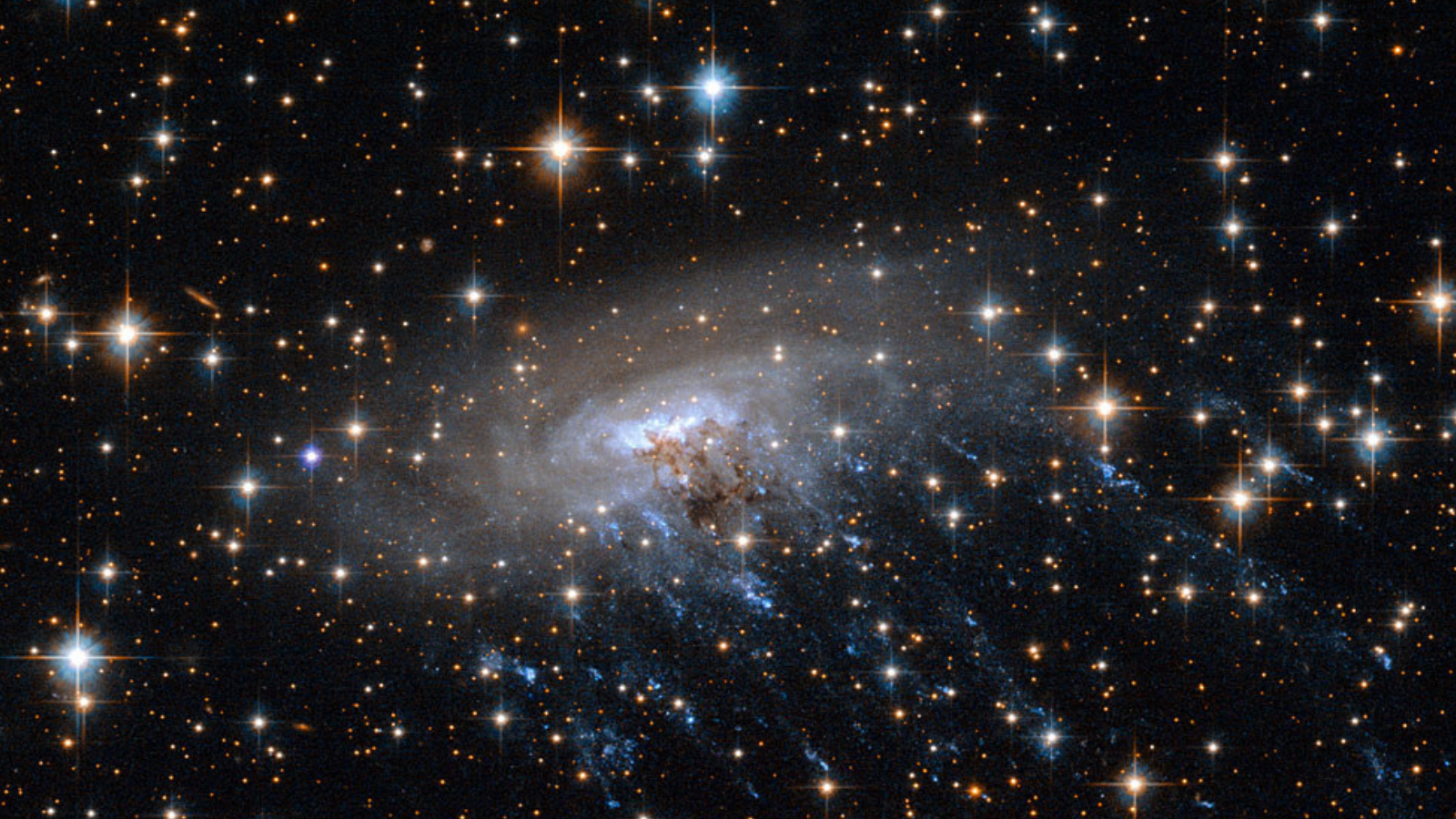
Could Blockchain Tech Launch Spacefaring Nations Into a Data-Sharing Frontier

Breaking space news, the latest updates on rocket launches, skywatching events and more!
You are now subscribed
Your newsletter sign-up was successful
Want to add more newsletters?

Delivered daily
Daily Newsletter
Breaking space news, the latest updates on rocket launches, skywatching events and more!

Once a month
Watch This Space
Sign up to our monthly entertainment newsletter to keep up with all our coverage of the latest sci-fi and space movies, tv shows, games and books.

Once a week
Night Sky This Week
Discover this week's must-see night sky events, moon phases, and stunning astrophotos. Sign up for our skywatching newsletter and explore the universe with us!

Twice a month
Strange New Words
Space.com's Sci-Fi Reader's Club. Read a sci-fi short story every month and join a virtual community of fellow science fiction fans!
Data sharing between entities in space will be easier and more secure using technologies such as blockchain, an industry participant argued at the Humans to Mars summit in Washington, D.C., on May 16.
Arie Trouw, who gave the speech, is a serial entrepreneur and founder of XYO, a network of internet-connected devices that are secured through a process called cryptography.
He argued that spaceflight is among the industries that could use a form of cryptography called blockchain, which links blocks of data together. Each piece of data is associated with a unique identifier, which also marks that data's position in the chain — making it easy to see if a piece is missing or has been altered.
Related: How Blockchain Can Benefit Space Exploration (Op-Ed)
Blockchain is suddenly a popular topic, Trouw explained. "No conference or summit is complete until somebody stands up on the stage and says, 'blockchain,'" he quipped, adding that this is true even of spaceflight.
Security remains a challenge in sharing data in spaceflight, he said — which, to be fair, is also true of many other industries. That's why, he argued, Russia, China and the United States all have separate GPS systems for navigation on Earth; it's because these countries do not trust one another.
Blockchain allows entities to share information with each other securely, Trouw said. He likened data to human memories; each participant may have a unique set of data to upload to a larger network. Just like humans share memories and experiences to come to a greater understanding of the world, sharing data securely will allow spacefaring nations to better understand their environment.
Breaking space news, the latest updates on rocket launches, skywatching events and more!
In space, sharing data this way could improve navigation, especially in locations, such as Mars, that are remote and have little satellite coverage. He likened this situation to self-driving cars on Earth collectively sharing information about navigating an obstacle on the road. In space, satellites or spacecraft could provide relative navigational information to each other and thus improve the accuracy of their navigation or space-based positioning. (Pinpointing a satellite's location in space is important for missions such as Gaia, which precisely tracks the movements of stars.)
Data sharing using blockchain could also address distrust more generally, especially as humans move to international missions on the moon and Mars. In the beginning, space agencies working together on other worlds will not have much of a security problem, Trouw said. "I think everyone in this room is pretty trustworthy," he noted.
But as the moon and Mars open up to more ordinary people, the security environment will change. It's in fact already changing for satellites, since smaller companies and organizations are participating as the cost of launching diminishes, he said.
All sessions for Humans to Mars will be archived on the organization's website.
- The Internet of Things: A Seamless Network of Everyday Objects
- Debris-Dodging Spacecraft Could Use Bitcoin-Like Technology
- How Does GPS Work?
Follow Elizabeth Howell on Twitter @howellspace. Follow us on Twitter @Spacedotcom and on Facebook.

Elizabeth Howell (she/her), Ph.D., was a staff writer in the spaceflight channel between 2022 and 2024 specializing in Canadian space news. She was contributing writer for Space.com for 10 years from 2012 to 2024. Elizabeth's reporting includes multiple exclusives with the White House, leading world coverage about a lost-and-found space tomato on the International Space Station, witnessing five human spaceflight launches on two continents, flying parabolic, working inside a spacesuit, and participating in a simulated Mars mission. Her latest book, "Why Am I Taller?" (ECW Press, 2022) is co-written with astronaut Dave Williams.
